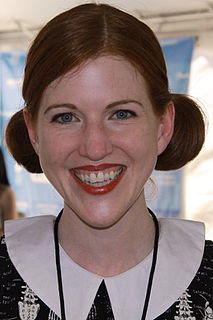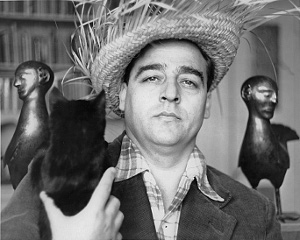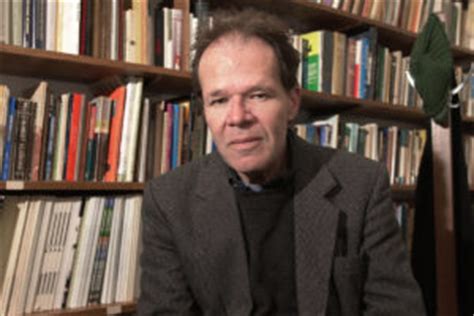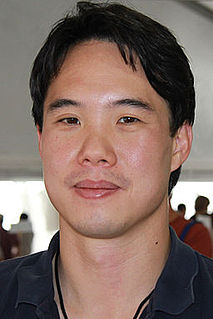A Quote by Sarah Waters
Novels are nothing but evolution, but there does come a point when that stops, and the story is sealed within the pages of the book. That doesn't happen with a play. Even performances are different every night.
Related Quotes
I think you will agree that I am alive in every part of this book; turn back twenty, thirty, one hundred pages - I am back there. That is why I hate the story; characters are not snakes that they must shed their skins on every page - there can only be one action: what a man is. When you have understood this, you will be through with novels.
I have to get three pages done every day, and there's usually a point about 150 pages in where everything falls apart, where all the plans are for naught. The book has become something else, and I have a nervous breakdown, and then I submit to what the book has become, and I keep going, and that's a terrible and then a great time.
I used to comfort myself with the idea of a book with serrated, detachable pages, so that you could read the thing the way it came and then shuffle the pages, like a giant deck of cards, and read the book in an entirely different order. It would be a different book, wouldn't it? It would be one of infinite books.
The burning of a book is a sad, sad sight, for even though a book is nothing but ink and paper, it feels as if the ideas contained in the book are disappearing as the pages turn to ashes and the cover and binding--which is the term for the stitching and glue that holds the pages together--blacken and curl as the flames do their wicked work. When someone is burning a book, they are showing utter contempt for all of the thinking that produced its ideas, all of the labor that went into its words and sentences, and all of the trouble that befell the author . . .
Within the mystery of life there is the infinite darkness of the night sky lit by distant orbs of fire, the cobbled skin of an orange that releases its fragrance to our touch, the unfathomable depths of the eyes of our lover. No creation story, no religious system can fully describe or explain this richness and depth. Mystery is so every-present that no one can know for certain what will happen one hour from now. “ It does not matter whether you have religion or are an agnostic believe in nothing, You can only appreciate (without knowing or understanding) the mysteries of life.
Every story is flawed, every story is subject to change. Even after it is set down to print, between covers of a book, a story is not immune to alteration. People can go on telling it in their own way, remembering it the way they want. And in each telling the ending may change, or even the beginning. Inevitably, in some cases it will be worse, and in others it just might be better. A story, after all, does not only belong to the one who is telling it. It belongs, in equal measure, to the one who is listening.
I mean, people who watch Jon Stewart's show every night don't think he went far enough, because he couldn't do what he does on his show every night, because it's a different job. The same thing with Chris Rock. He can't come out and do a tossed-salad routine, the way he does on his HBO shows, because this is the Academy Awards.
A book is maybe about 350 pages, and the prose allows for readers to get a glimpse into the internal lives of the characters. A screenplay is 120 pages, and it's all dialogue and action. The pacing of films is different, the structure is often different, and the internal lives of the characters must come across through the acting. Movies are just a different experience than reading - so it just depends on what an individual prefers.






































